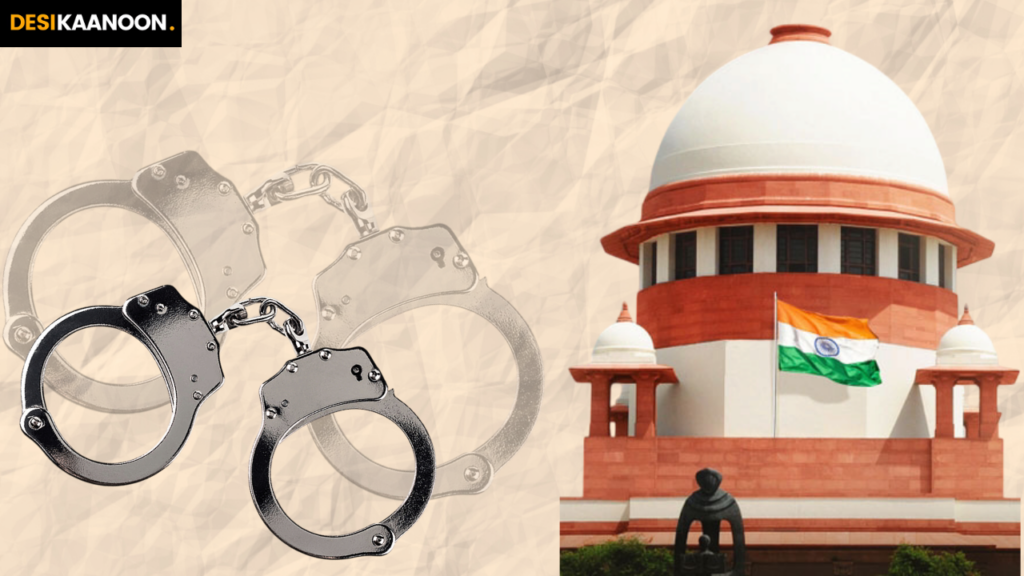Aastha Pareek
The Supreme Court of India in the case of Om Prakash Yadav v. Niranjan Kumar Upadhyay and Others has held that police officials who lodge false cases cannot claim immunity from prosecution under the pretense of performing their official duties. The Court clarified that such actions are not protected under Section 197 of the Code of Criminal Procedure (CrPC), which mandates prior Government sanction for prosecuting public servants accused of offenses committed in the discharge of their duties.
A Bench comprising of Justices JB Pardiwala and Manoj Misra stated that misuse of authority, such as fabricating evidence, coercing individuals, or registering false cases, cannot be considered a part of lawful official duties. Therefore, police officers engaging in such acts cannot invoke Section 197 CrPC as a defense to avoid prosecution.
The Court emphasized that allowing such misuse of power would enable public officials to exploit their position for illegal activities, undermining the principles of justice and accountability. It further noted that the mere fact that a wrongful act arises from an official role does not automatically bring it within the protective scope of Section 197. This ensures that public servants cannot use their professional status as a shield for their unlawful acts.
The case that led to this ruling involved police officials from Madhya Pradesh (MP) accused of fabricating a case to create an alibi for a murder suspect. On October 12, 2007, a teacher, Suman Prakash Yadav, was allegedly murdered in Uttar Pradesh (UP) by Surender Singh Gurjar and others. On the same day, Ashok Dixit, a relative of an MP police officer, was arrested in an Excise Act case involving possession of illicit liquor. He was released on bail the same day.
Subsequent investigations were conducted which revealed that the Excise Act case was fabricated to provide a false alibi for Dixit. In 2012, the Trial Court in Firozabad convicted Dixit and 11 others for Yadav’s murder. However, the question of prosecuting the MP police officials remained unresolved.
In 2018, the Allahabad High Court quashed criminal proceedings against the police officers, citing the lack of government sanction under Section 197 CrPC. The victim’s brother then approached the Supreme Court.
The Supreme Court ruled that there was no reasonable nexus between the false Excise Act case and the discharge of official duties. The Bench observed that filing a bogus case or fabricating evidence could never constitute a lawful function of a public servant. It highlighted that sanction for prosecution is unnecessary when public servants act outside their lawful authority or engage in unlawful acts.
The Court also noted that in cases where doubt exists about whether an act falls under the purview of Section 197 or hot, the trial process must proceed without delay. The Chief Judicial Magistrate (CJM) of Firozabad had correctly taken cognizance of the charges against the officers in 2008 and 2009, and the High Court erred in quashing the proceedings at a preliminary stage.
The Supreme Court directed the Trial Court to continue with the case expeditiously, aiming for its conclusion within one year. It left open the possibility for the Trial Court to stay proceedings if evidence later suggested that the Excise Act case was registered as part of official duties and was not fabricated. The judgment reinforces that no public servant can misuse their position to act illegally and still claim protection under the law.
Case Name:- Om Prakash Yadav v. Niranjan Kumar Upadhyay and Others
Case Number:- Criminal Appeal No. 5267-5268 of 2024
Bench:- Justices JB Pardiwala and Manoj Misra.

